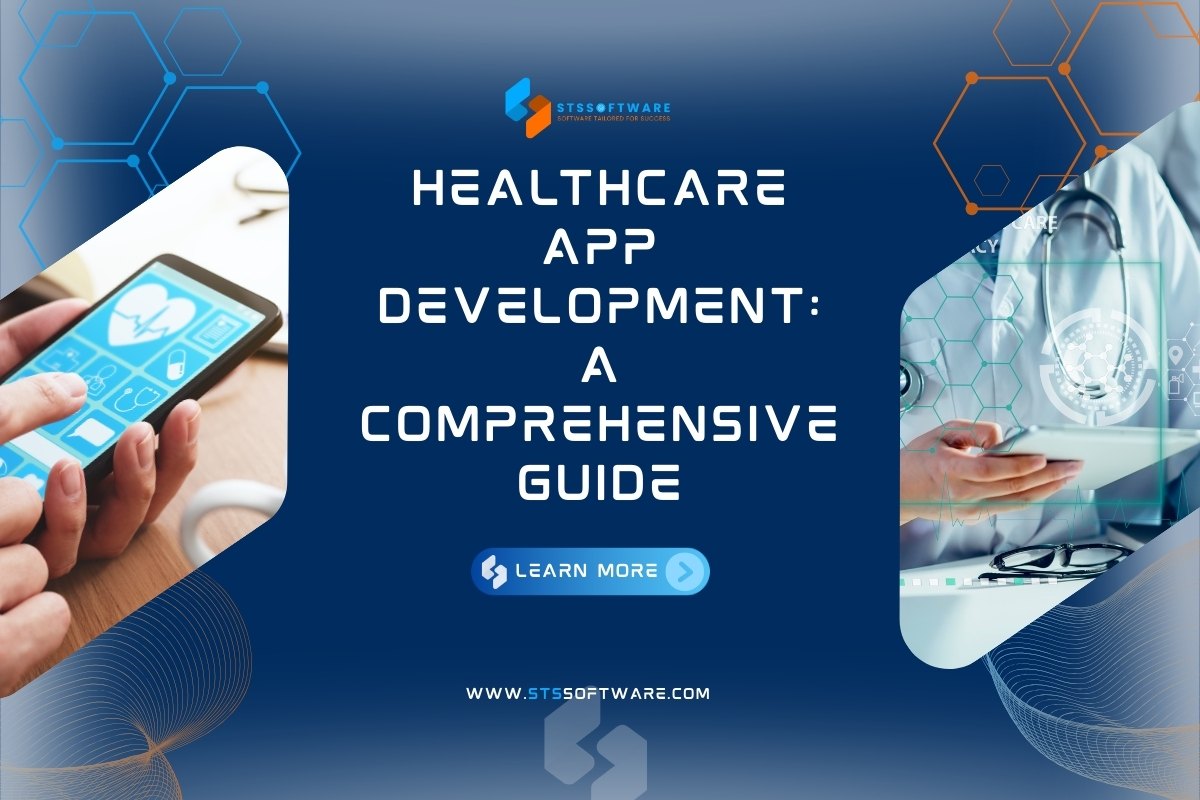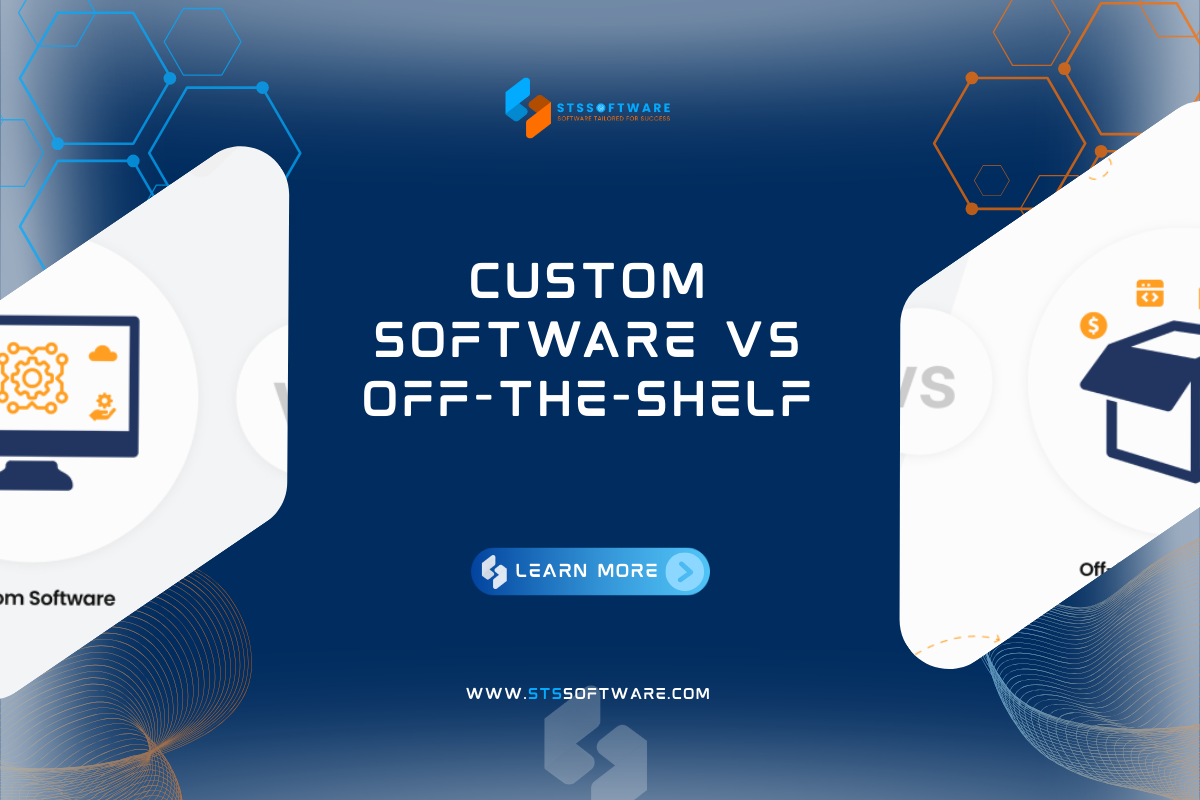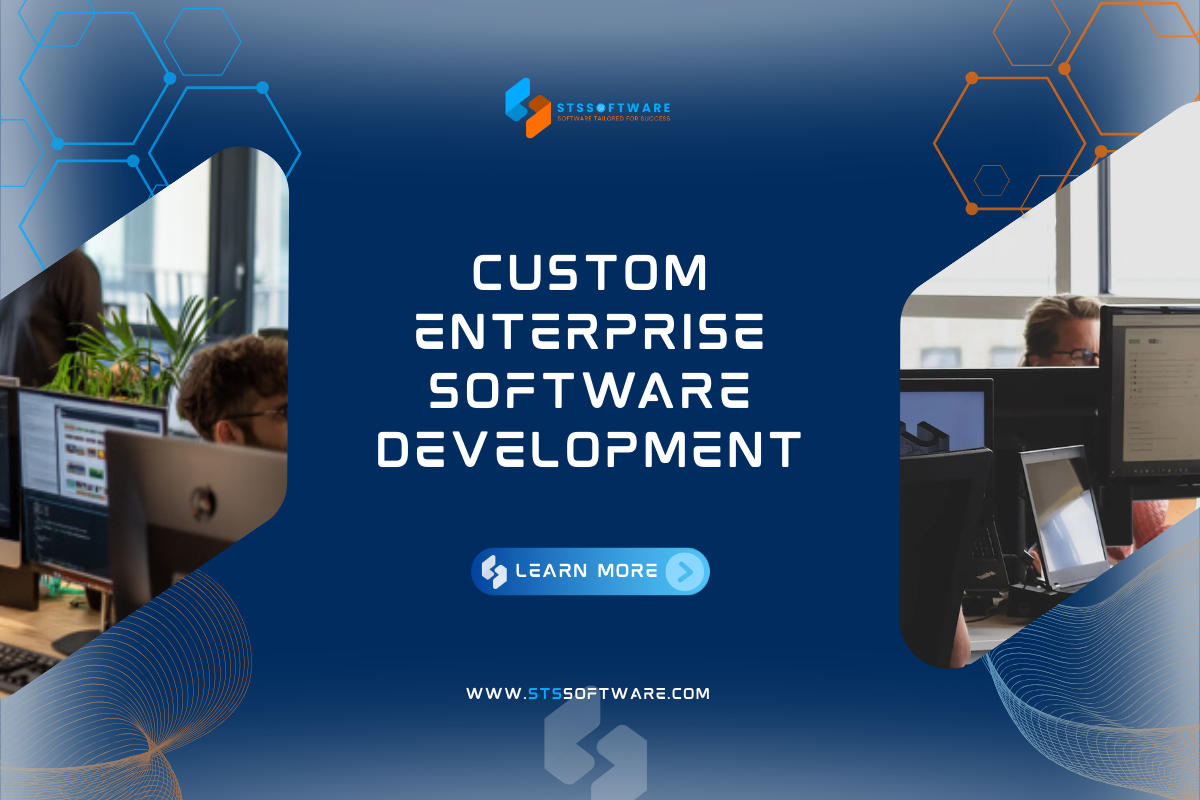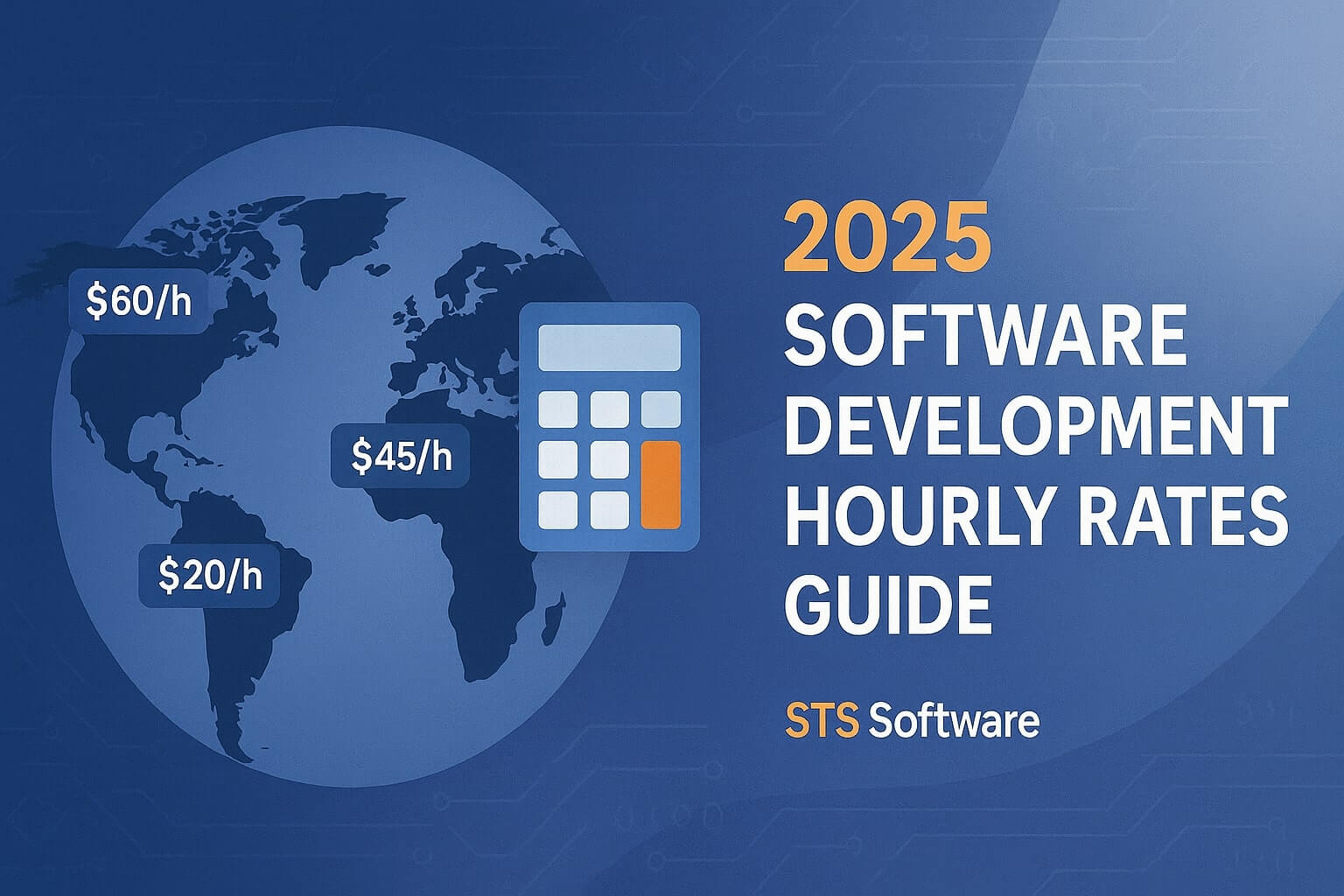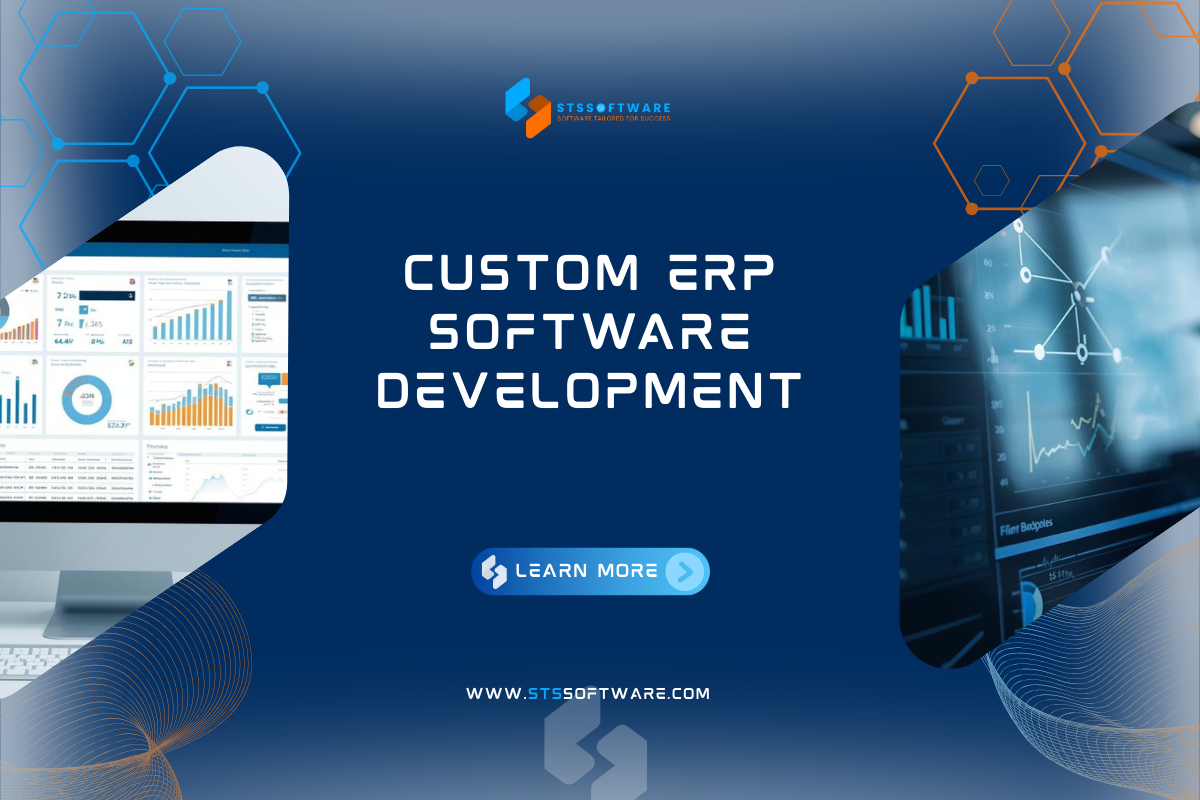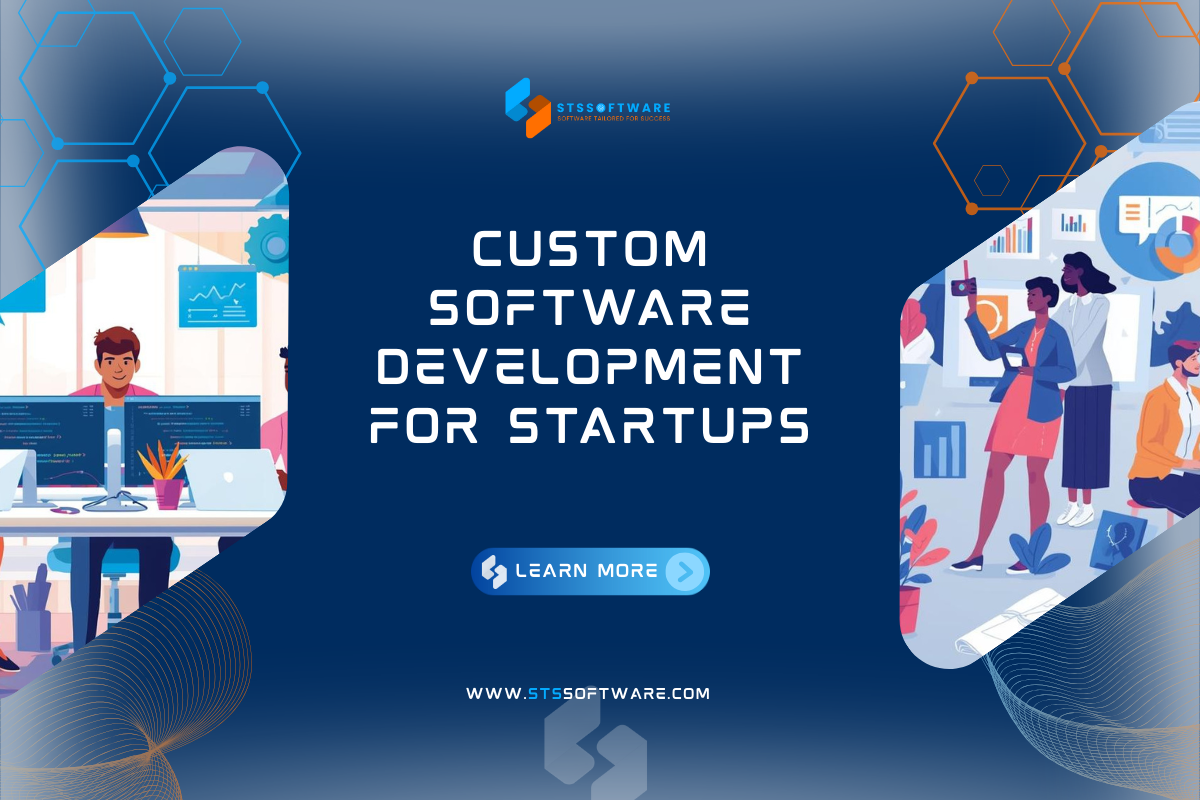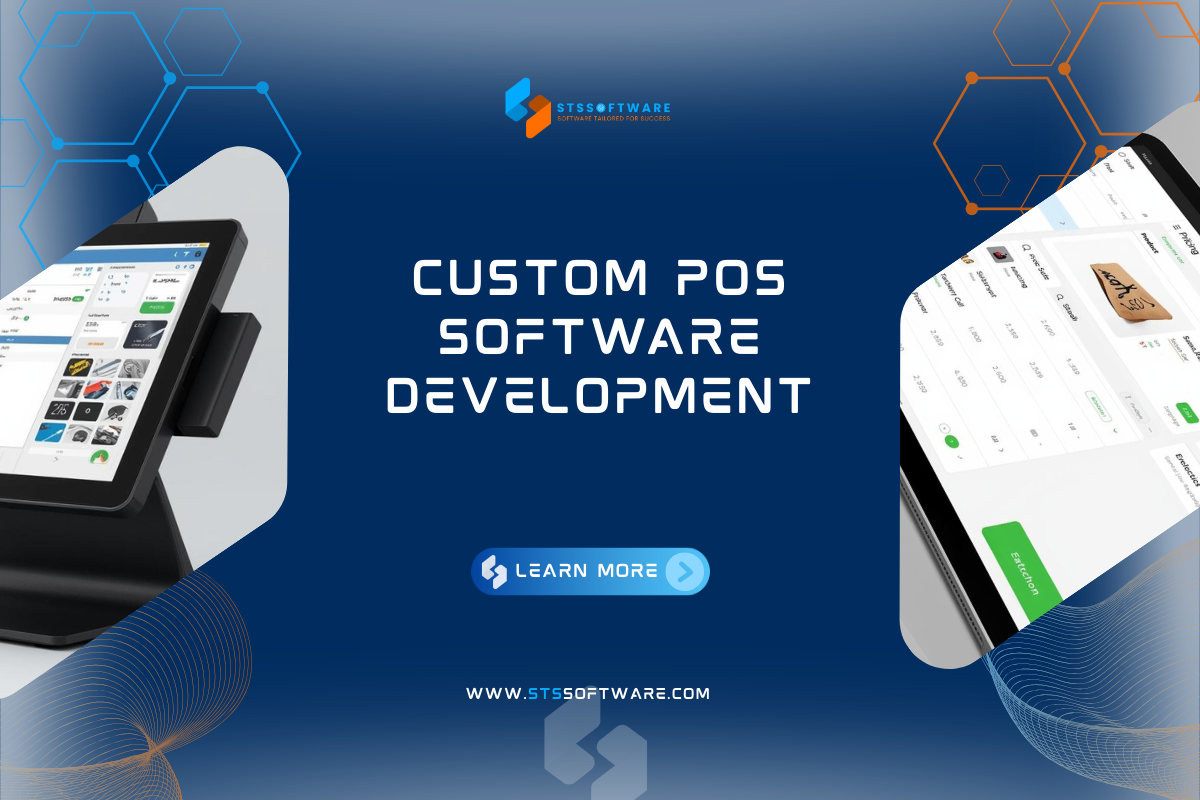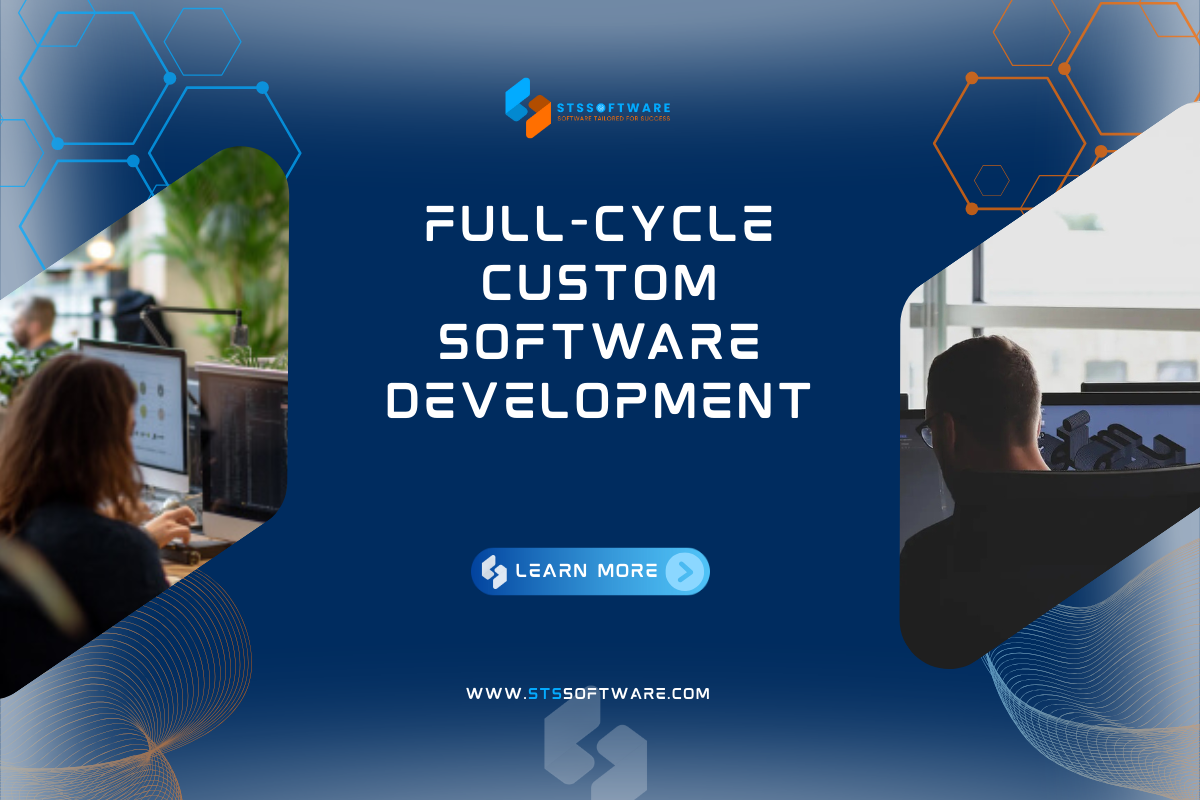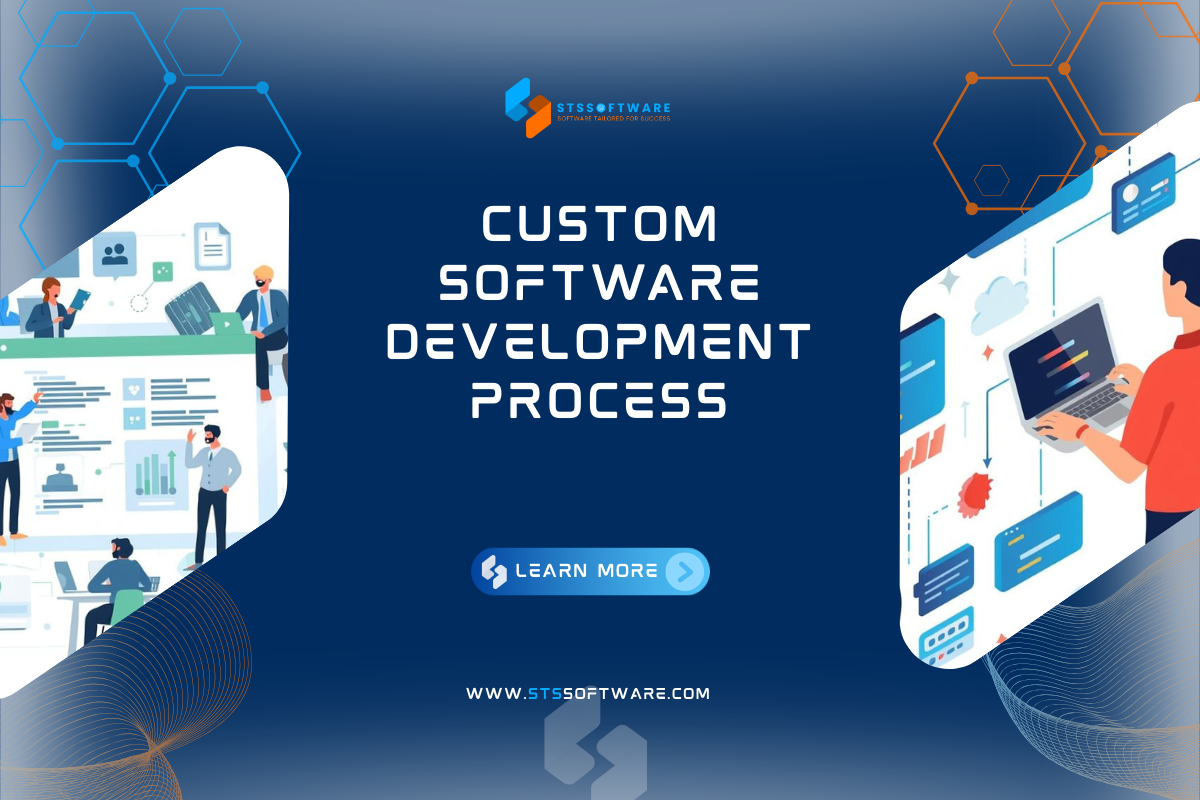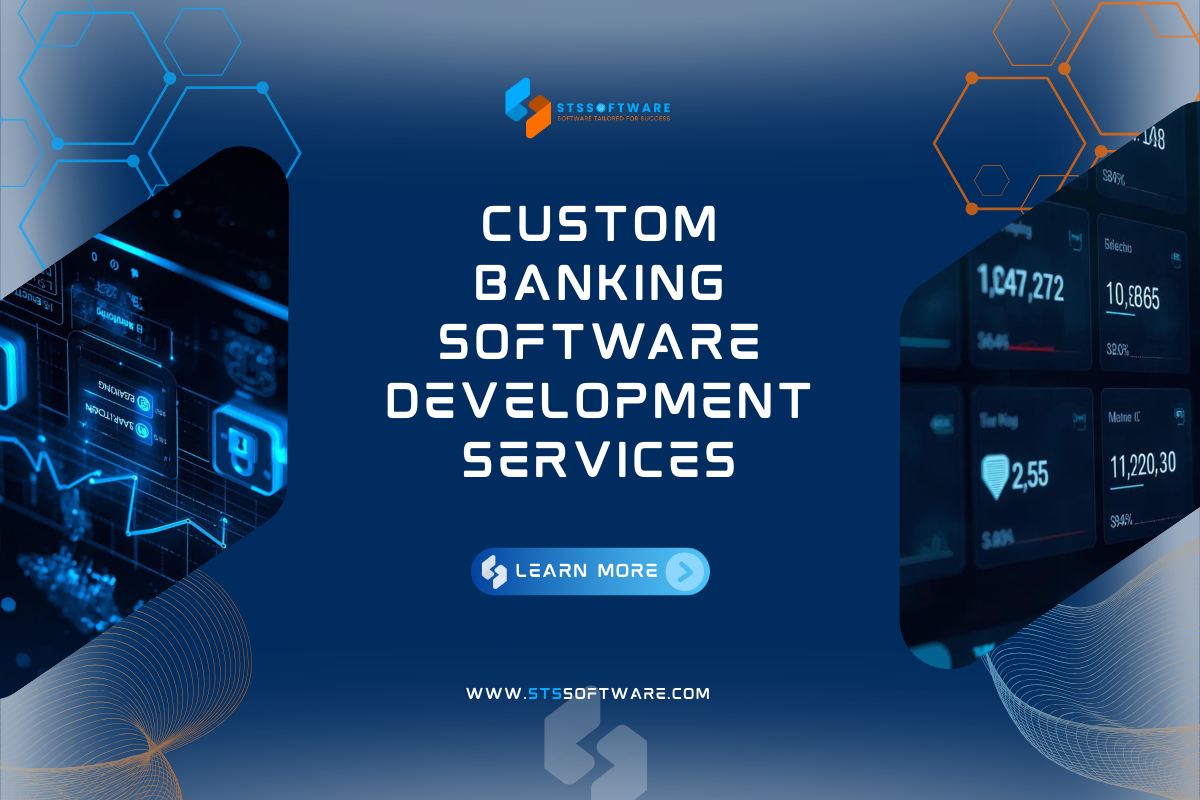There is indeed a positive hue in digital tech percolation in the global healthcare industry today; in fact, digital solutions are assumed to play a greater and greater role in the improvement of health care quality. Going by reports, the latest healthcare application market will grow over 20% yearly until 2025. This highlights an urgent need for digitization. Mobile apps improve patient care and simplify healthcare workflows. They also change long-standing medical procedures.
In fact, this is where most health organizations today are making their investment into app development for healthcare organizations. Modern health organizations use digital tools to boost efficiency. This also improves patient experience and outcomes. Successful health app development help institutions launch services quickly. This ensures sustainability and broad access.
Understanding the Healthcare App Ecosystem
In the healthcare app development process, understanding the overall picture of medical application types is the first necessary step. Each group of applications serves a separate purpose, associated with specific needs in modern healthcare.
Currently, healthcare application development focuses on many different segments. Personal health tracking applications are rising fast. Young users who value wellness drive this growth. These applications mainly belong to the health app development group and are often integrated with smart wearable devices.
For example, medical application development help patients book appointments, track treatment, and get medication reminders. Hospitals and clinics are increasingly focused on developing such applications to promote satisfaction and reduce the risk of avoidable treatment errors.
Another group that cannot be ignored is applications supporting doctors and medical staff. These are medical search platforms, electronic medical record management (EHR) or remote diagnosis support. This development in these applications obviously denotes an attempt towards optimum professionalization of the processes within the current healthcare industry.
Meanwhile, specialized applications exist for mental health, elderly care, and for chronic diseases such as diabetes and cardiovascular diseases. Each category offers its own unique possibilities health apps development-wise for several of them in terms of specific customer segments.
These trends shape the future healthcare application ecosystem. Developers can then target real needs with smart healthcare application development strategy.
Key Challenges in Healthcare App Development
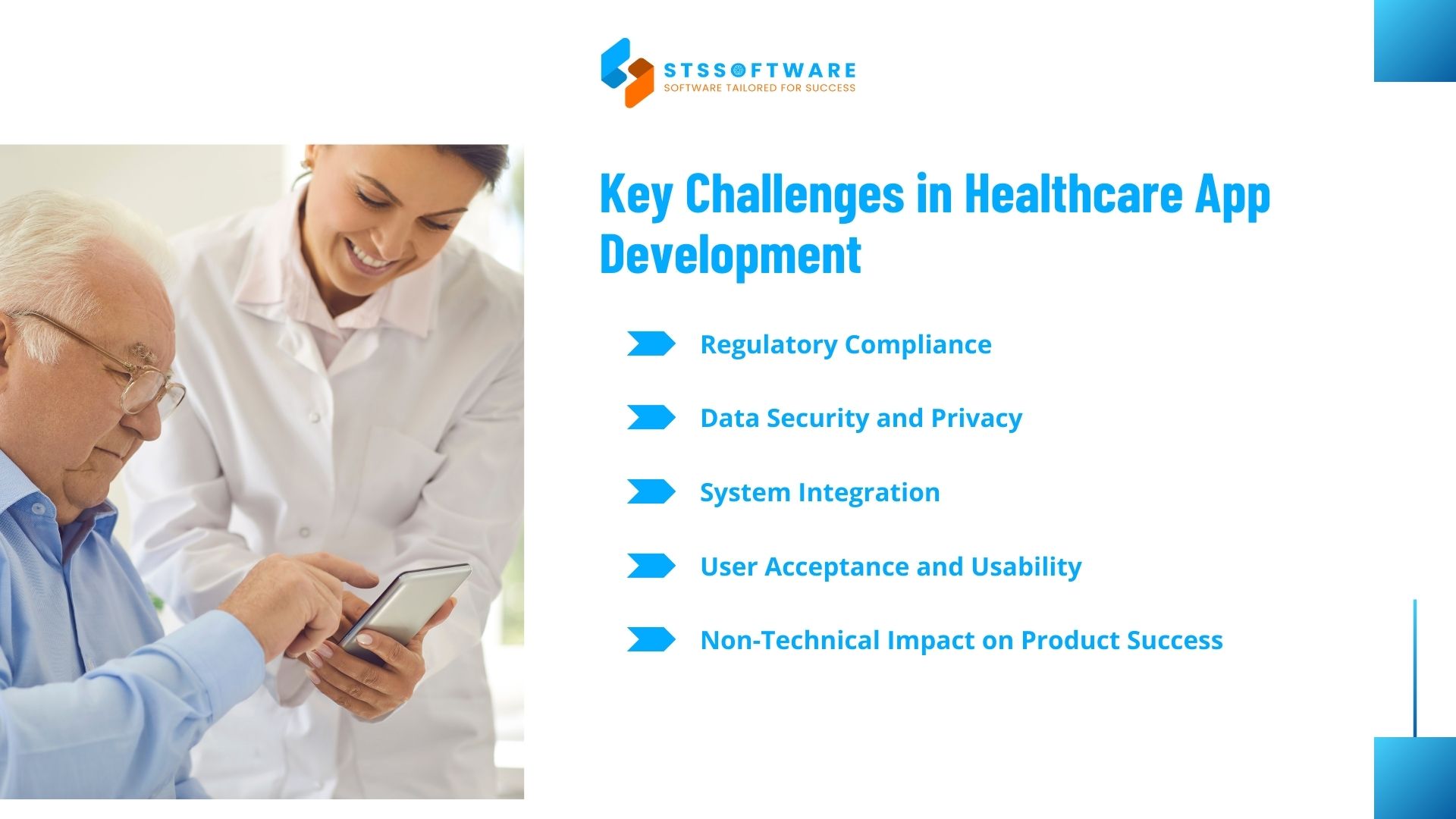
There are a few unique challenges during healthcare mobile app development, which almost every developer encounters. One such challenge, among others, is non-technical: the direct effect on efficiency and success of the product itself.
Among the most important challenges is compliance regulatory. Health app must fulfill and comply to all standards of strict security and privacy to HIPAA in the US. Not to mention, a health record electronic application has to have a total protection for all patient data involving encryptions. It demands developers to be thoroughly conversant of the applicable regulations and place them at each level of development.
Next is the issue of data security. In fact, health is a sensitive sector and user data need to be protected from cyber exposure. Therefore, medical mobile application development must use encryption, 2FA, and testing to stay secure and reach more users. For example, weak app security invites hacking. Patient data can leak without strong protection.
Equally important is the challenge of integration with existing systems. Healthcare apps must connect with old systems like HIS and EMR. Integration ensures smooth data flow. For example, the old EHR systems may reject modern tech. This makes integration harder for hospital applications.
Finally, the user acceptance barrier is another challenge. Healthcare apps can be of great help, but if an app is not user-friendly or is too complicated to use, then it takes some time for users to get going with it. For instance, the healthcare app for the elderly must have a very simple and easy-to-use interface so that users do not feel stressed out with it.
Essential Features for Successful Healthcare Applications
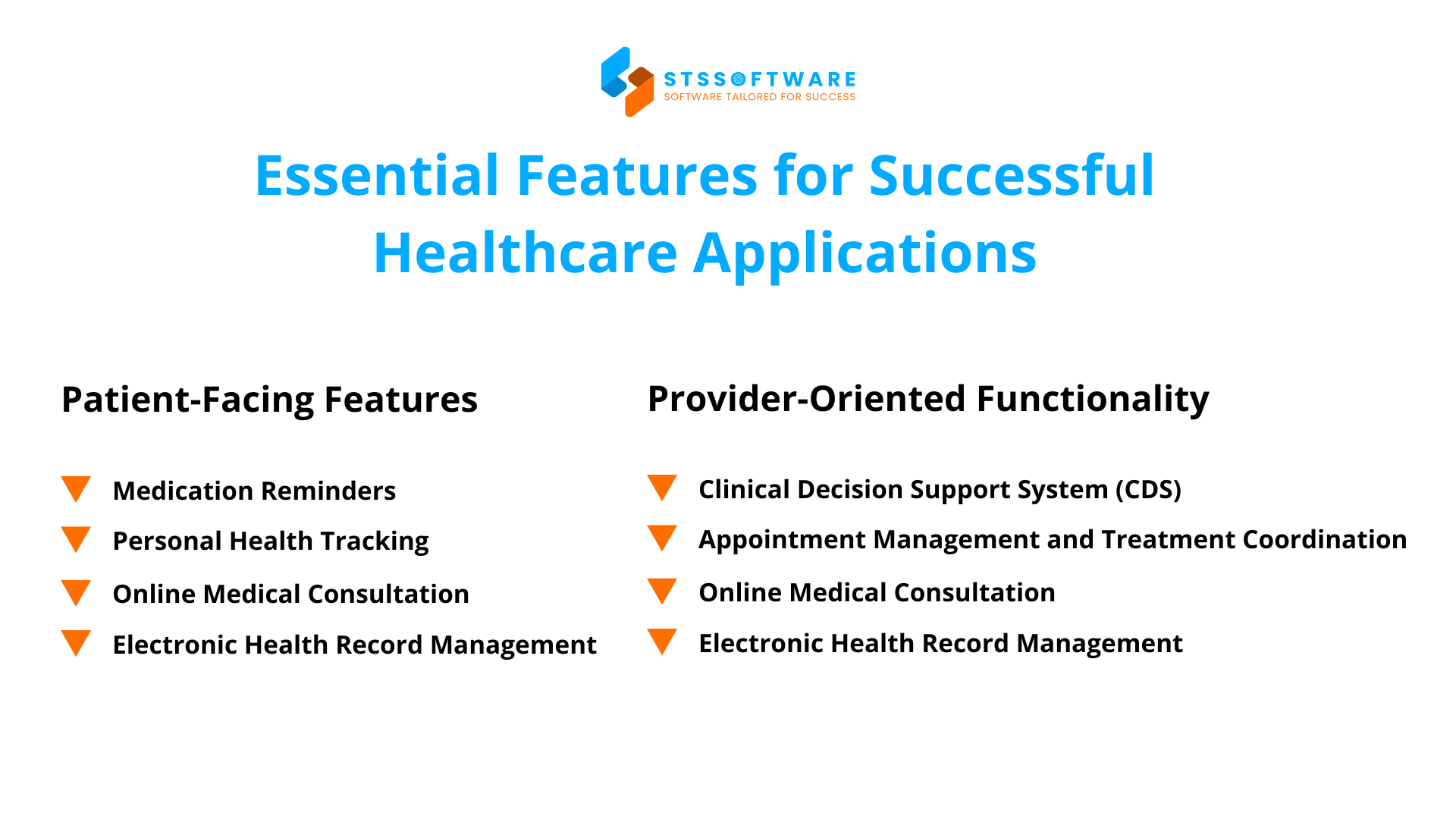
With these challenges, developing a healthcare app requires good know-how in technology and adherence to security and regulatory compliance standards. In healthcare app development, a successful healthcare app must, however, have features that enable user experience and optimize workflows. They not only aid users but add lots of value to the business.
Must-haves include features for personal health tracking, online medical consultation, smart appointment booking system, and advanced security features. For example, in health app development, MyFitnessPal track fitness, while Teladoc lets patients consult doctors online.
Patient-Facing Features
Patient-centric features ought to assist health App Users with monitoring their health, handling their treatments, and engaging with the healthcare system. These features enable patients to manage their health proactively while increasing their quality of life.
- Medication Reminders: Medication reminders are helpful to patients in terms of remembering doses of medication that are important for them. For example, the Medisafe app reminds patients about taking medications, which helps them adhere to treatment regimens.
- Personal Health Tracking: Helps users track blood pressure, heart rate, and activity. These features support personal health goals. Apple Health serves as a user-friendly example of a well-designed healthcare app. It includes indicators of sleep, steps, and heart rate which allow users to daily monitor their health.
- Online Medical Consultation: The patient does not have to go to the clinic to interact with doctors. For example, the Teladoc app provides video consultations, saving the patient time and travel expenses.
- Electronic Health Record Management: Healthcare application must provide storage and management features of electronic health records-EHR; patients should also be given easy access and sharing ability of medical reports with their doctors, so-called MyChart works.
Provider-Oriented Functionality
For healthcare providers, essential features help them improve workflow and optimize treatment and support more accurate clinical decision making.
- Clinical Decision Support System (CDS): It has features that enable doctors in making accurate decisions based on patient data. For instance, the UpToDate system recommends treatments and informs doctors quickly with the necessary changes based on clinical scenarios.
- Appointment Management and Treatment Coordination: Doctors need apps to manage appointments and coordinate treatment. These tools improve care planning. Applications like Epic Systems allow doctors schedule visits, write notes, and work with other professionals.
- Electronic Health Records (EHR) and Patient Data Management: This systems save time. Doctors can access, store, and share patient data faster. This helps in comprehending the health status from each end of the patient’s journey; thus, a better treatment decision can be made. Well-known is the Cerner system used in major hospitals.
- Health Analysis and Prediction Function: This is the feature that helps the doctors find health patterns. They also predict patient trends using stored data. For example, IBM Watson Health predicts diseases by analyzing medical data through artificial intelligence.
A Complete Overview of the Healthcare App Development Journey
Healthcare app development is probably one of the most hectic development cycles involving development and compliance with regulations. Developers follow strict security and compliance rules when building healthcare app development. Here is a step-by-step guide to developing a healthcare app.
Discovery and Planning Phase
Defining project goals and gathering requirements is the essential first step in healthcare app development. Carefully conducting market research, interviewing and gathering requirements with stakeholders will ensure the app meets real-world needs. The medical mobile application developers must understand users’ problems. This helps create useful and relevant health apps.
For example, if the application is for chronic disease management, health metric tracking, and medication reminder would be part of requirements. This formulation of requirements would eventually lead the development team to what kind of functionality the app could have.
Design and UX Considerations for Healthcare Apps
Good UX is essential in health apps. It serves patients, doctors, and admins effectively. Accessibility, intuitive navigation, and responsiveness to various users are some of the aspects one must not overlook when designing.
One of the factors to keep in mind is ease of use for all audiences, especially seniors or people with disabilities. It must also be intuitive and straightforward so that patients and doctors can use it quickly and effectively. Example: Health apps use large buttons and clear menus. This helps users with low vision track their health easily.
Development, Testing, and Quality Assurance
Developers must test each app phase carefully. This ensures stability and meets healthcare standards. Medical mobile app developers should give maximum attention to developing the source code and performance testing. Testing, however, includes specialized tests apart from functional testing, such as security, performance, and stress tests.
Modern healthcare applications must be strictly in compliance with data security management standards, especially that of patient data. This means that developers will need to put an extremely tough security test procedure in place to protect the user’s private data. For example, the engineers test system capacity under heavy user load during peak times.
Regulatory Compliance and Approval Processes
Regulatory approval and compliance are integral parts of building healthcare applications. Developers must follow HIPAA and FDA rules during the whole development process. Healthcare app developers need to identify the regulatory requirements early. This helps the app get approved faster when deployed.
For example, the developers encrypt patient data and protect user privacy at all times. Most likely, developers follow FDA steps when building apps that diagnose or treat diseases.
Through these steps, the medical app development process not only helps to create a quality product but also ensures that the app meets the stringent requirements of the healthcare industry, from data security to compliance with regulatory requirements.
Technology Stack for Modern Healthcare App Development
In today’s scenario, when healthcare has become entirely digitalized, choosing the best technology has a decisive role to play in safe, effective, and scalable healthcare applications. The perfect technology platform not only shortens time to develop but also enhances the user experience and meets ever-increasing specifications for security purposes. Below are suggestions on technology, frameworks and infrastructure to keep in mind when conducting healthcare app development android or health app development.
Top Programming Languages and Frameworks
When developing healthcare applications, the choice of programming language and framework should consider security, performance and scalability.
Kotlin and Java are the two most popular languages for healthcare app development android, due to their ability to optimize performance and high stability. For instance using Kotlin, the Fitbit health-tracking application is fastened for responses when the user inputs data.
When it comes to cross-platform applications, React Native and Flutter are gaining the upper hand due to speed in development and cost. Doctor On Demand, one of the tele-health platforms, chose React Native to shorten time in the market.
Choosing a Database and Managing Healthcare Data
Data in healthcare applications requires absolute security and integrity.
PostgreSQL and MongoDB are widely used database solutions in many applications. For instance, the electronic medical records management system by OpenMRS implements PostgreSQL to ensure scalability for the millions of patient records.
Firebase (by Google) is often used for functions such as user authentication, medical file storage, and push notifications for mobile applications. A typical example is the vaccination reminder app MyMedSchedule, which leverages Firebase to store personalized reminders.
Infrastructure: Application Hosting and Operations
Healthcare app developers often choose them for their consistent performance and versatility.
AWS and Microsoft Azure offer storage solutions that meet HIPAA requirements for healthcare data. For example, telehealth platform Teladoc uses AWS to ensure global scale.
Docker and Kubernetes are also widely used to deploy and manage healthcare applications in containerized environments, which increases automation and rapid system maintenance.
Indispensable Security Technologies
Security is always the number one priority in healthcare app development android.
End-to-end encryption technologies such as SSL/TLS, AES-256 data encryption standard must be integrated from the very beginning. For example, the medical record storage application CarePassport has implemented AES encryption to ensure that patient data is not accessed by unauthorized parties.
In addition, multi-factor authentication (MFA) solutions should also be applied to applications that require personal account login, such as in the Healow personal medical record tracking system.
The combination of the right technology and a systematic development process will determine the success of a health app development project. Choosing the right technology not only helps speed up development but also builds a solid foundation for long-term growth in the future.
Cost Factors in Healthcare App Development
Determining the exact budget for healthcare app development is not always straightforward. This investment is governed by many different factors such as functional complexity, deployment platform, development personnel, and even maintenance costs. Understanding each factor will help businesses optimize their budget when cooperating with healthcare mobile app developers.
Complexity and Features Directly Affect Budget
First, the app’s cost is mainly influenced by how complex and extensive its features are.. A simple application, such as a medical appointment reminder system (e.g., MyChart), usually only requires a budget of about $30,000 – $50,000. In contrast, products that integrate video calling, electronic health records (EHR) storage, and online payments, such as Amwell, can require an initial cost exceeding $150,000.
Furthermore, adding advanced features such as chatbots to support health consultation, AI data analysis, or integrating wearable devices all significantly increase the budget. Therefore, right from the planning stage of healthcare mobile app development, businesses need to clearly identify the necessity of each feature to effectively control costs.
Development Platform Choice: A Major Cost Driver in Healthcare App Projects
Another important factor is the target platform. If you only focus on developing Android applications, the cost will be 25–30% cheaper than developing simultaneously for Android and iOS.
For example, many health app development programs in Vietnam, typically the COVID-19 patient tracking application, were initially deployed only for Android to quickly launch and minimize the budget.
In addition, if the application needs to be optimized for multiple types of devices such as tablets used in hospitals, vital signs reading systems, etc., the cost will continue to increase due to more complex programming and testing requirements.
Costs Incurred by Development Team and Geographic Location
Healthcare app development costs are heavily affected by the team structure. Depending on the geographical location, the price of hiring a programmer will be very different.
Hiring developers in the US or Western Europe typically costs between $100 and $200 per hour.
Meanwhile, in Vietnam or India, healthcare mobile app developers can charge only 25 – 50 USD/hour while still ensuring quality, if choosing a reputable partner.
In fact, the HealthifyMe application in India is a clear proof: by utilizing a domestic development team, this startup has saved more than 40% of the initial budget compared to the outsourcing plan.
Operational, Maintenance, and Other Hidden Costs
In addition to the initial programming costs, businesses must also consider the long-term operating and maintenance costs of the system.
On average, a healthcare mobile app development product will need to spend at least 15–20% of its development costs each year on maintenance, security updates, and feature upgrades.
In addition, HIPAA certification fees, medical application licensing, and marketing costs to reach users cannot be ignored.
In fact, in the US, compliance and test costs could run into as much as 10% of the overall budget of the project to have HIPAA certification for a diabetes management application.
A new product launch marketing campaign could cost from 20 to 30 percent of the total initial investment, depending on the targeted market.
Thus, while developing a healthcare application, businesses need to pay close attention to the budget preparations and analyses of the items involved and choose the appropriate development strategy. A clear financial plan from the beginning will help the project operate sustainably and be ready to adapt to fluctuations in the digital healthcare market.
Measuring Success: KPIs for Healthcare App Development
In today’s competitive and growing health app development arena, making a perfect application is no longer the final end. Organizations set KPIs to track performance, user adoption, and business results after launch. Such metrics will help refine the strategy for healthcare application development to gain productive returns on investments over time.
Application Performance Metrics
The technical performance of an app is a fundamental factor that determines the user experience. Some common KPIs include:
- Page Load Speed: Health apps should maintain load times under 2 seconds to retain users
- App Crash Rate: According to mobile app industry standards, it should be under 1 percent of all visits.
Thus, to keep its crash rate constantly lower than 0.5%, a fitness tracking application like Fitbit is always updating itself.
User Acceptance Metrics
After launch, measuring user engagement and engagement helps determine true success. Important KPIs include:
- Retention Rate: The average health app industry average is around 8% on day 30, from 27% on day one.
- Daily Active Users (DAU): Measures the number of users who visit each day, reflecting engagement.
- Downloads: Track downloads and usage metrics together to measure real app success.
A typical example is the Calm app, which has reached over 100 million downloads (according to Business of Apps) but still continuously optimizes retention through personalized content.
Business Impact Metrics
Teams need to closely monitor financial KPIs to maintain the sustainability of healthcare application development:
- Conversion Rate: The rate of patients making appointments and registering for services after accessing the application.
- Customer Acquisition Cost (CAC): According to McKinsey, CAC in the telehealth sector typically ranges from $150–200 (This cost is about 1/4 of the cost of attracting traditional patients ~$600-800, from McKinsey – Telehealth Adoption Report)
- Average Revenue Per User (ARPU): Research from Rock Health notes that the average ARPU of digital health platforms ranges from $300–400/year (Rock Health – 2023 Digital Health Consumer Adoption Report)
For example, Teladoc Health, the leading telehealth platform in the US, achieves an average ARPU of $350 per year.
Similarly, Amwell, another major player in the telehealth market, also recorded an average ARPU of around $250–$300 per year, according to data released in its 2023 financial report.
In addition, the MDLIVE platform, known for its online medical consultation services, reported that its average transaction value (ARPU) would reach around $275/year in 2023, based on analysis from Business Wire.
Setting up and monitoring appropriate KPIs not only helps businesses accurately evaluate the effectiveness of health app development projects but also creates a foundation for future optimization and expansion. A professional healthcare application development process always needs to be associated with a systematic measurement strategy right from the first stage.
Why Choose STS Software as Your Partner for Healthcare App Development
In an ever-evolving healthcare industry, choosing the right app development partner is a key factor in determining the success of a project. STS Software, with a team of professional healthcare app developers and experience in implementing successful products, is confident that we are a reliable choice for all your healthcare app development needs.
Here are the reasons why STS Software is the ideal partner for your healthcare app development project.
Extensive expertise in the field of healthcare technology
STS Software is proud to have a team of experienced experts in the field of healthcare app development. We are technically savvy and have a firm grasp of the specifics of healthcare operations such as electronic medical record management (EMR/EHR), online appointment scheduling systems or telehealth platforms.
Thanks to the combination of modern technology and in-depth medical knowledge, STS Software has become one of the trusted healthcare mobile app developers for many hospitals, clinics and medical organizations around the world.
Personalized application development method according to needs
The biggest difference of STS Software is its flexible and customer-centric approach. We always start every healthcare app development project by carefully surveying the actual needs, listening to the requirements of each medical unit and from there building a suitable “tailor-made” solution. Our software development process strictly follows the Agile model, allowing for continuous feedback and adjustment based on the actual experience of end users — from patients to medical staff.
Deep understanding of medical compliance and security regulations
As a professional healthcare app developer, STS Software is committed to ensuring that all developed products comply with strict standards such as HIPAA (USA), GDPR (Europe) and local regulations on medical data security. We apply end-to-end data encryption methods, multi-layer authentication and detailed access authorization to protect patient information.
In addition, the compliance team always closely follows the project, helping the product not only meet technical requirements but also ensure legal validity from the beginning.
Practical experience through many successful projects
STS Software has successfully implemented many large-scale healthcare mobile app development projects, typically an online medical consultation system for general clinics, a health management application for international hospitals, or a chronic patient care support platform for non-profit organizations.
This hands-on experience allows us to foresee possible risks, decrease deployment time, and guarantee stable product performance even from the outset.
For healthcare app development to be successful, healthcare organizations must recognize that user-needs analysis, adherence to the security regulations, development functions that fit for clinical practice, and use of contemporary technology to increase operational efficiency all require attention. Each phase of development; research, design, programming, and testing requires immense experience and knowledge about the peculiarities of the healthcare field.
If you are looking for trustworthy developers for healthcare mobile apps who would be able to get your project up and running, STS Software is a trusted choice.



